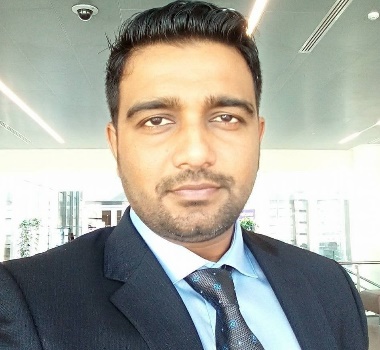Week 1: Computational Neurobiology I: Introduction, basics
Week 2: Compuational Neurobiology II: Modeling cell functions and local networks
Week 3: Computational Neurobiology III: Complex networks and specific cases
Week 4: Compuational Neurobiology IV: Large scale networks, optimisation
Week 5: Microfabrication for neuroscience Applications: Microelectrode Arrays, Fabrication: Thin Film Deposition, Sputtering, E-beam Evaporation.
Week 6: Need for Invasive Techniques to acquire neurological signals, Types of implants, and signal conditioning systems.
Week 7: MEA Characterization, MEA-based neuro potential acquisition system design and applications.
Week 8: Flexible MEA Fabrication, Neurosurgery Demonstration of rodent experiments and relevant signal analysis
Week 9: Deep Brain Stimulation: Need, Experimental Protocol, System Design, Demo, and Application
Week 10: System Design using 3D Printing and COMSOL Simulation for neural engineering system design
Week 11: Non-Invasive BCI, Recent Trends in Brain-Computer Interfaces and applications
Week 12: Epilepsy basics, Epilepsy EEG Test protocols, Approaches for Seizure detection for epilepsy type identification.


DOWNLOAD APP
FOLLOW US